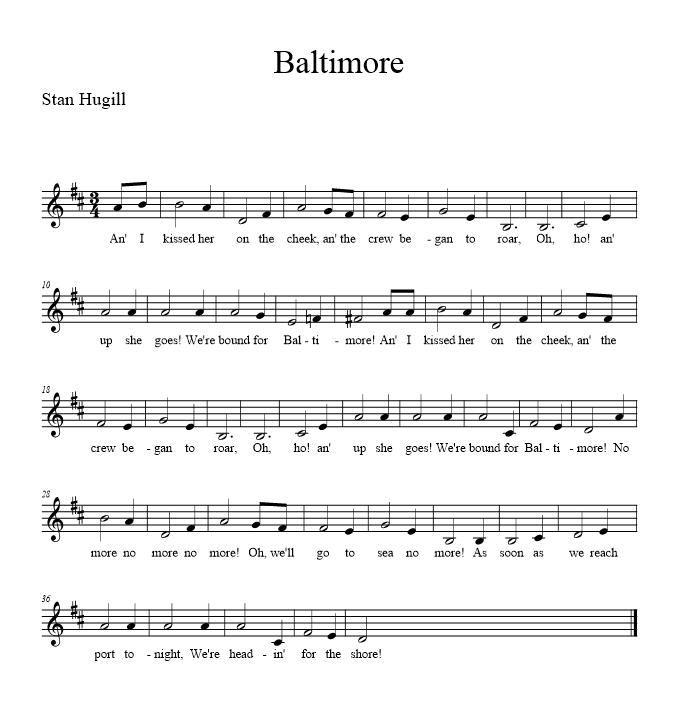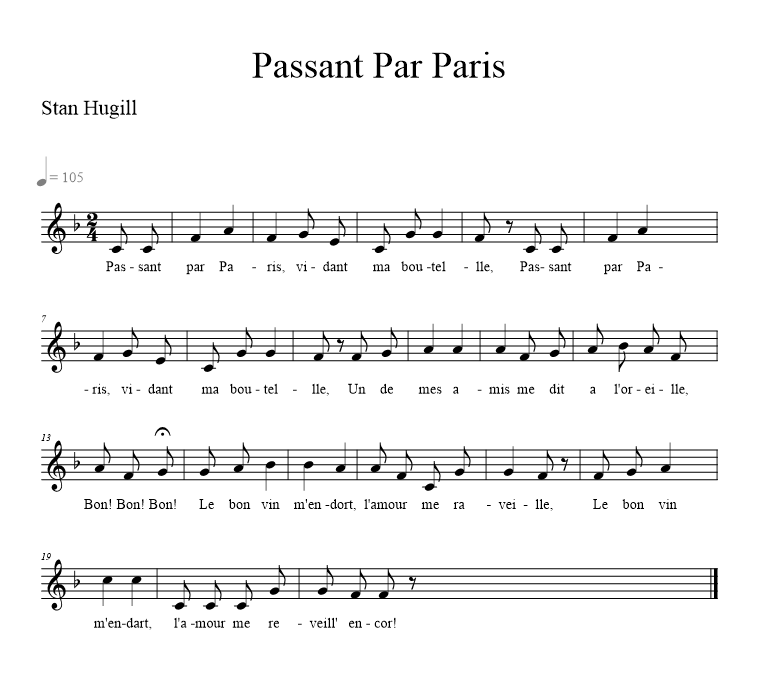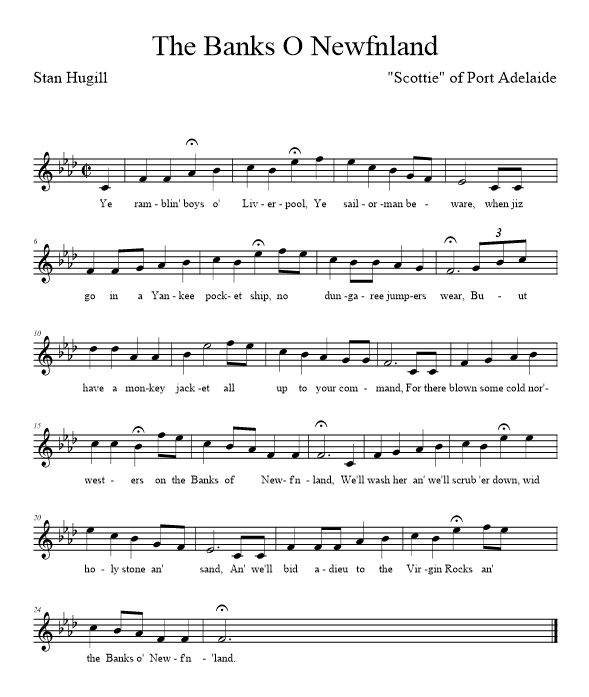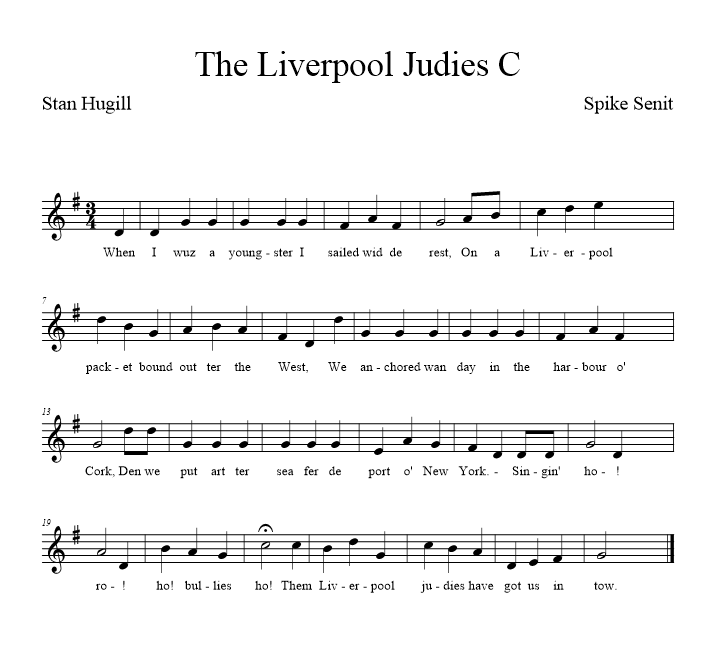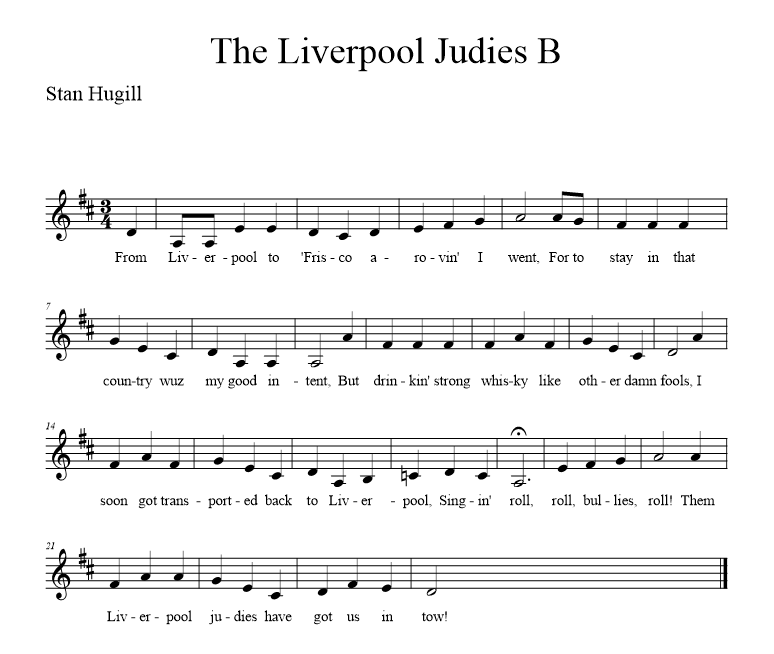Interesting Facts about the Halarvisa
“Halarvisa”, a fantastic Swedish Capstan shanty from “Sang Under Segel” by Sigurd Sternvall (1935) (1st ed p 271, 272). This what Stan Hugill gave to us in his book is one to one copy of the Sternvall’s book. There is not much about this song in Sternvall’s book itself, except that it is a ‘hauling song, but Hugill denies it and tells us that form makes it obvious it is the capstan shanty.
The song will be reconstructed by myself as the capstan shanty.
The music: “Sang Under Segel” by Sigurd Sternvall (1935) (1st ed p 271, 272).
The lyrics: “Sang Under Segel” by Sigurd Sternvall (1935 (1st ed p 271, 272).
Mentioned in: “Shanties from the Seven Seas” by Stan Hugill (1st ed p 426).
The Record of the Halarvisa
You can also find this record on my YouTube channel here or listen directly below. Additionally, if you want to share your opinion about the record or share your opinion, you can do it in my Facebook forum here or leave a comment at the bottom of this blog article.
The musical notation

The full lyrics
Baltimore
En Sjöman seglar jorden runt.
– Kärre-värre-vitt, bom-bom!
Hans hemkomst är en glädjestund,
– Kärre-värre-vitt bom! Hurra så!
– Viktoria! Viktoria!
– Kärre-värre-vitt bom! Hurra så!
– Viktoria! Viktoria!
– Kärre-värre-vitt, bom-bom!
* 2 *
Vem älskar ej en ung sjöman!
Han rusar jämt i faran fram.
* 3 *
Såväl i mödan som i strid
i flickans famn han vilar sig.
* 4 *
En skräddare är en daglig gäst,
han fordrar mig för byx och väst.





